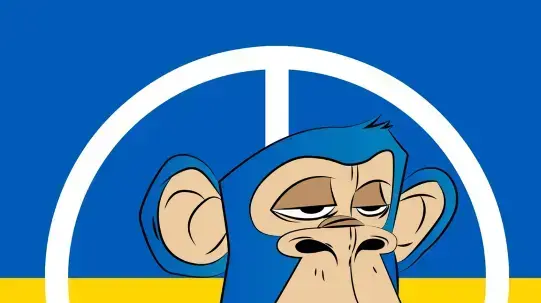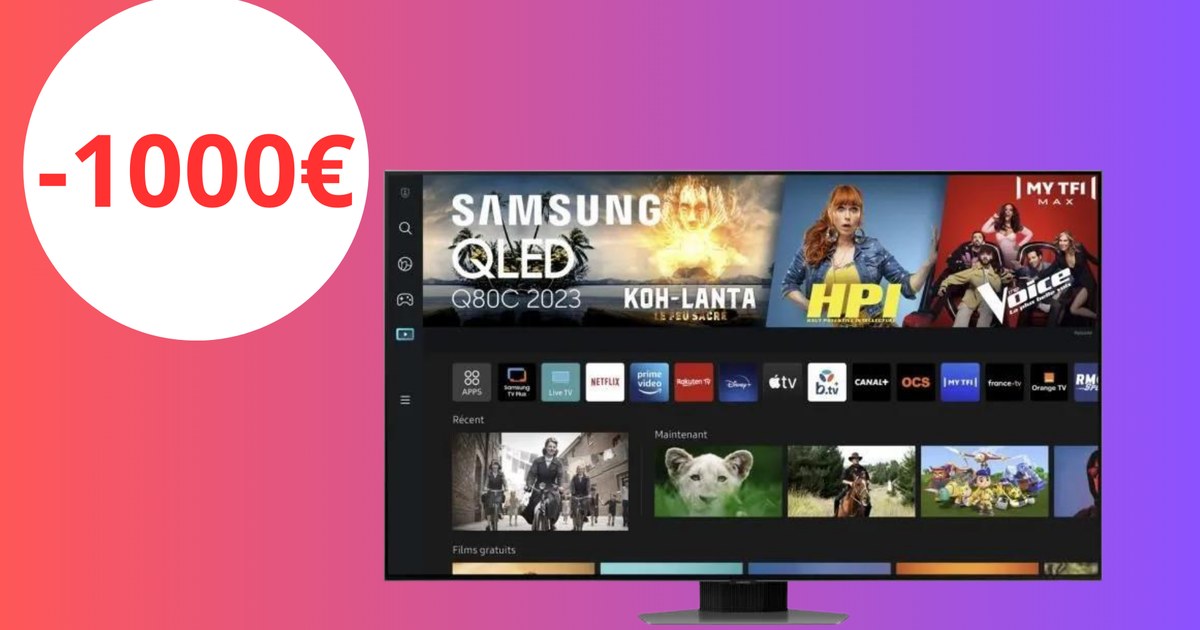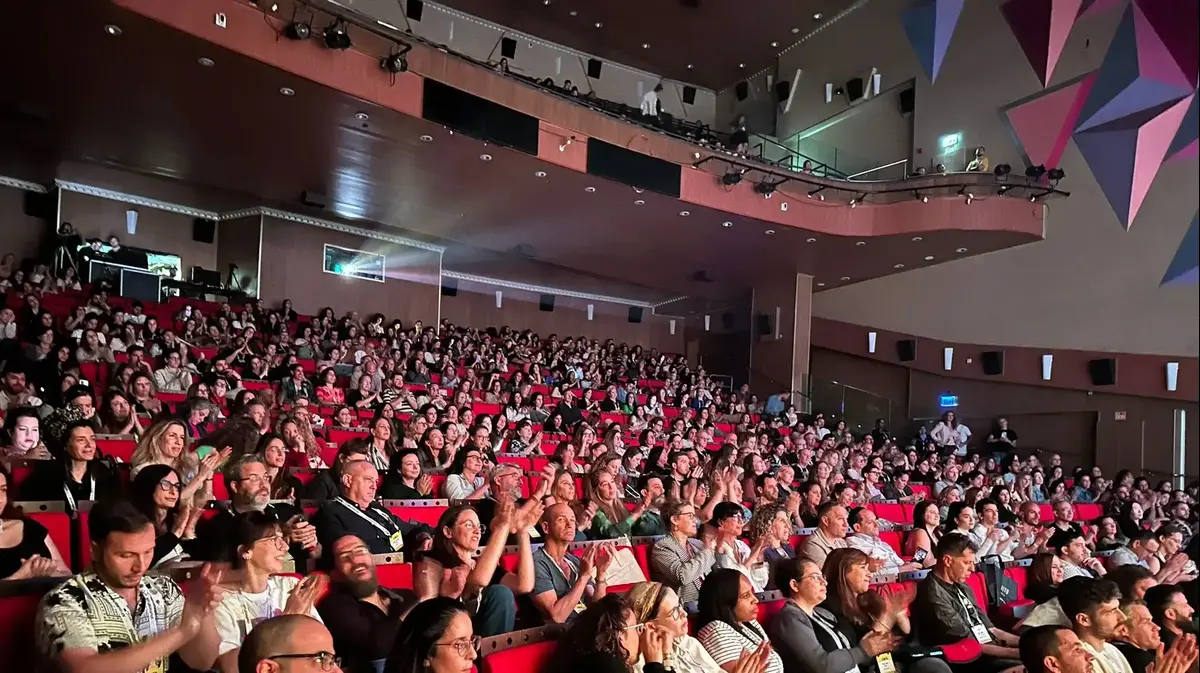The breakthrough of the NFT is going through the legal world
The world of NFT and the world of law are currently running in parallel.
If and when the two speak the same language, the field will realize its full and immense potential
Tal Nebro
06/05/2022
Friday, 06 May 2022, 10:44
Share on Facebook
Share on WhatsApp
Share on Twitter
Share on Email
Share on general
Comments
Comments
Apparently you too have heard of the most famous NFT project of all, the bored monkey yacht club: a series of ten thousand pictures of monkeys in different variations, each worth at least hundreds of thousands of dollars, some millions of dollars.
The list of holders of photos in the series includes senior anchors such as Shaquille O'Neal, rapper Eminem Madonna, Jimmy Fallon, Tom Brady and many other singers, athletes and celebrities.
On April 30, the sale of territorial ownership notes in the bored monkeys' other side, the Other Side, opened.
These, ostensibly only virtual areas in a game or world that does not even exist yet, but the hype and so crazy interest in the project has resulted in the floor price of the project at Opensea standing at eight and a half ETH, which are (currently) $ 23,500.
Yoga Labs, which is behind the Bored Monkeys venture and its derivative projects like Mutant Apes and Ape Coin, has raised hundreds of millions of dollars in one day by selling virtual land.
crazy.
Good to know (promoted)
Defeat the pain without fear: B-Cure laser in an unprecedented trial operation
Served on behalf of Bee Cure Laser
The monkeys may be boring, but they make a lot of money (Photo: ShutterStock)
The questioner will ask, why was there such a large influx to the acquisition of the territories?
Why is there such hype around bored monkeys?
One reason is that hype or virality are not things to be expected, and are not always rooted in the world of logic (Baby Shark has ten billion views. I rest my case).
Therefore, there is no point in trying to understand the hype, since from the analysis done in retrospect, it is difficult for us to draw much in relation to the future.
Bottom line, everything they have done in the universe of bored monkeys so far has succeeded, so it made sense to assume that the sale of the lands also represents a great opportunity for added value.
But there is one interesting thing that the monkeys do anyway (and made more projects follow), and that is to grant intellectual property rights in the works to those who own them through NFT.
According to the project regulations, the person who owns the work in the series also holds extensive intellectual property rights in the work itself, including the right to make commercial use of it, such as the sale of merchandise and the right to generate own income from the work.
There are several owners of works in the series who have already exercised this right.
One example is from the field of music: the holder of the work used his rights in the monkeys to create a music video that uses the characters of the monkeys;
Another holder, use his monkey to create a comic for him;
The owner of a burger restaurant decided to use his monkey to promote the restaurant.
There are more examples, but the principle is the same.
What is more interesting in our context, is that this issue sheds light on one of the most problematic and complex points in the NFT world, and that is its interaction with the world of intellectual property.
More on Walla!
Tal Navro's website
Tal Navarro's business website
Natural and home treatment for knee pain - with reimbursement from the health insurance fund
What gives NFT (and what does not)?
Tal Nebro (Photo: Yachz)
For the sake of discussion, we will refine (again) what an NFT is.
Let's start with the blockchain: A blockchain is a network of a large number of computers that are connected together, and operate in a coordinated manner based on a consensus mechanism, which is what creates the synchronization of information stored simultaneously on all those computers.
Digital tokens have been embedded on the network, which are used in many contexts as a kind of currency or asset (such as Bitcoin or ETH).
Compared to those "substitute" tokens (as there is no difference between one dollar and two dollars), NFT is an irreplaceable digital token, indicating ownership in a unique digital file.
Thanks to the consensus mechanism, it can ostensibly be argued that token ownership provides perfect protection in the same digital file associated with it: no one can challenge that a particular holder of a digital work through the token is indeed the holder of that token.
However - and this is a particularly important point - there is no necessary connection between holding a digital work through an irreplaceable token and a legal right.
why?
Because legal rights are written in a parallel virtual world, where the consensus mechanism between the participants is modern law.
This can indeed be confusing: an example of this is a recent case, with the owner of a work of art by the late painter and artist Jean-Michel Basquier: the owner of the work tried to sell the copyright to the work as an NFT.
However, the official rights holders in the artist's estate (who by law are the owners of the work), clarified that although that person is the holder of the physical work, he is not the actual creator, and therefore does not have the rights in the work (since the artist has additional rights in the work ).
What the creators of the bored monkeys did, is to tie together the trial and ownership in the token, through a binding legal agreement, one of whose terms pertains to ownership in the NFT.
However, there is no legal necessity on their part to do so.
In a sense, it even challenges the very ideological foundations behind NFT and WEB 3.0, designed for a world where the rules of the old order will no longer be relevant, and where decentralized ownership and no core control over works and software will be the prevailing norm.
The law, especially in the field of copyright, has always lagged behind the world of action, but it seems that in the context of the NFT, this gap is more pronounced than ever.
The question is how will this gap be closed: Will legislators around the world link NFT ownership to creative rights?
Alternatively, is this gap what will hurt the high value currently attributed to many NFT works?
Maybe in general the Web 3.0 vision will come to a real realization, and the gap will become irrelevant anyway?
What is certain, will not be boring.
Of money
Tags
NFT
art
Blockchain















